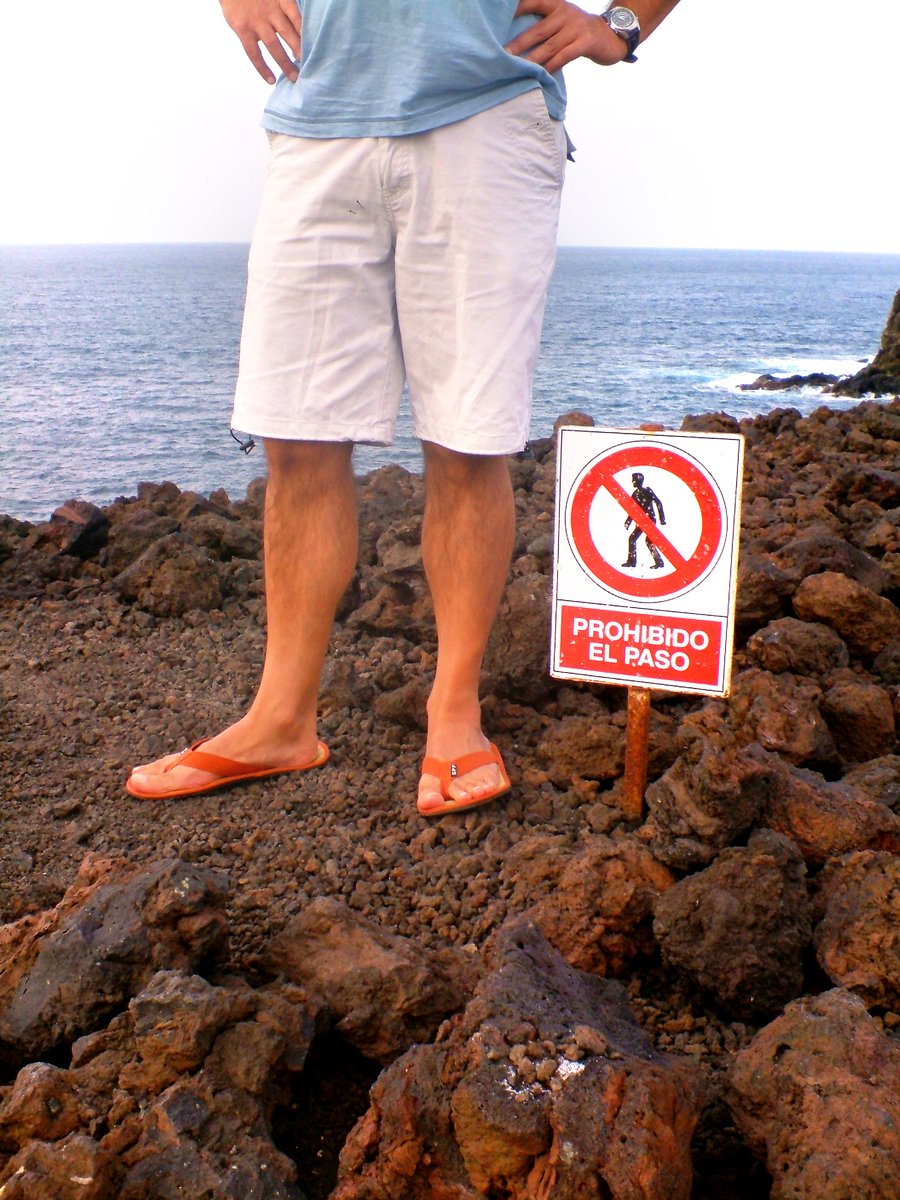

THE European Patent Office (EPO) which I once respected -- the office that didn't pursue software patents "as such" (unlike the USPTO) -- is gone. It has been long gone, predating even Benoît Battistelli although President Brimelow wasn't anywhere as grotesque as him and I sometimes found her amicable, unlike António Campinos (he's not amicable, he's 100% faking it!).
Will we ever see the Unified Patent Court operate? Many have doubts, as its path – already long and difficult – runs into new obstacles and the venture looks more and more like a "paper giant".
Oppositions launched by 16 organisations against patents for mutant barley owned by Carlsberg & Heineken highlight the tensions that exist over the grant of monopolies for plant products. We consider which party will most likely be raising a glass to victory in light of recent legal changes, and the lessons applicable to patentees across the spectrum of plant innovation.
A recipe for dispute
The patents in question, EP2384110 (EP'110) and EP2373154 (EP'154), relate to a beverage prepared from a barley plant carrying a particular mutation, and the mutated plants themselves. EP'110 covers barley plants comprising mutations that cause loss of functional lipoxygenase (LOX)-1 and LOX-2 enzymes, while the mutation described in EP'154 causes functional loss of methionine S-methyltransferase (MMT). These mutations are said to improve the taste of the resulting beer.
The patents were opposed by a group of organisations represented by Dr Cristoph Then of the campaign 'NO PATENTS ON SEEDS!'. The opponents object that the patents cover conventionally bred barley, which they argue is excluded from patent protection by Article 53(b) of the European Patent Convention.
[...]
In the case of EP'110, the EPO's Opposition Division noted that plants carrying a mutation introduced by technical means, such as incubation of seeds with a mutagen, are not excluded from patent protection. Nevertheless, the claims were considered to encompass both plants created by technical means and plants obtained by an essentially biological process, the latter falling foul of Rule 28(2). As such, the patent was found invalid.
The patentees overcame this problem by clarifying that the barley plant had not been exclusively obtained by an essentially biological method. However, the Opposition Division then deemed the claimed plant to be insufficiently disclosed. Although the patent described one method of making a mutant plant (the seeds of which were deposited in a publicly accessible culture collection), this method relied on random mutagenesis and subsequent screening of 35000 mutants, placing an undue burden on someone trying to reproduce the invention. Accordingly, it was held that the patent does not enable the skilled person to obtain any mutant barley plant lacking functional LOX enzymes, but only the specific mutant deposited. This appears consistent with established case law on sufficiency, as re-affirmed by the UK's Supreme Court in Regeneron v Kymab.